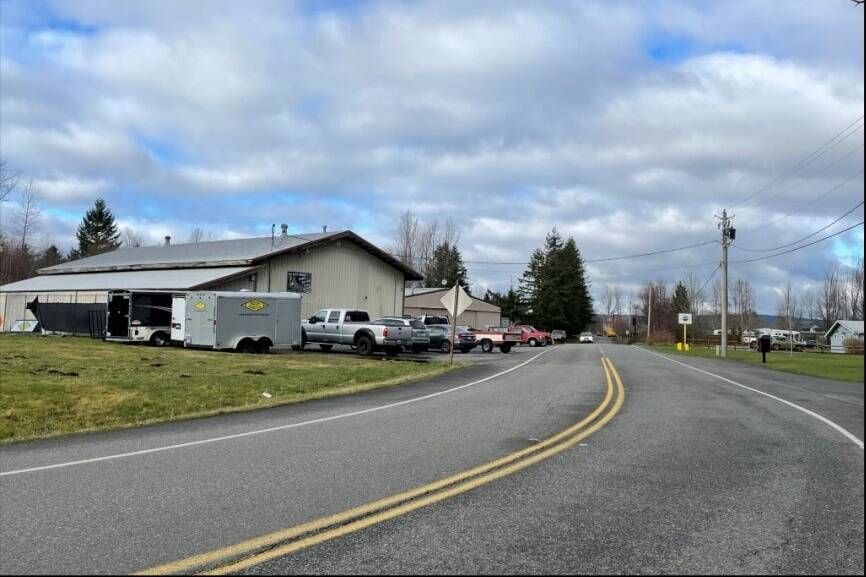The Meadowbrook Utility Local Improvement District (ULID) could face potential delays, as the North Bend City Council continues to debate the best way to proceed with the project.
Although the mayor and council support property owners making the switch to a sewer system, the council is considering redrawing the ULID boundary to lessen the financial impact on residential owners.
If the city goes that route, it would require an additional six months of work from city staff and cost the city an estimated additional $22,000 to $25,000, said City Public Works Director Mark Rigos.
“[If] we’re shrinking the boundary, we’re changing the preliminary assessment, we’re basically starting from scratch,” he said at the council’s Jan. 11 work study meeting. “It’s not the end of the world if we have to go through that. It just takes time.”
To bring a sewer system to the neighborhood, the majority of property owners, by land area, have to support it. A recent petition found that 52% of owners were in favor of the ULID.
However, that petition excluded city-owned parcels, which make up about 20% of the neighborhood. The success of the petition will largely depend on the council, which has yet to vote on whether the city is in favor. On Nov. 16, the council delayed a vote on whether its properties would be included in the ULID.
The delay and desire to redraw the boundary came after Councilmembers Jonathan Rosen and Brenden Elwood raised concerns that the majority of those in favor of the ULID were commercial owners, while the majority of residential owners voted against the petition — or did not vote. A city analysis found that just two of the 13 houses on 14th Street support the ULID in a recent petition effort. Other residential properties in the neighborhood were not assessed.
Rosen and Elwood also said they heard concerns from residential owners about the cost of the $7.5 million project, which would require regular payments from property owners over a 20-year period at a 2% to 2.5% interest rate.
“There’s a lot of folks out there who feel they’re going to be forced out of their home,” Rosen said on Nov. 16. “This is their forever home, this is their retirement home. I don’t want to see us put a burden on these folks.”
Still, the implementation of a sewer system could have several economic and environmental benefits for the city and property owners, especially commercial owners. Adding the sewer system is anticipated to grow the combined property value of the neighborhood by $11,617,000 — a 64% increase.
One proposals the council is currently considering is redrawing the ULID to only include commercial properties. However, Nintendo America, which owns two large properties in the area, has also previously expressed opposition to paying for a sewer system. The council also had concerns about what to do with residental owners who do want to be on a public sewer system.
It is unclear what is next for the ULID. City Spokesperson Danna McCall confirmed that the council will not vote on its support of the ULID at its Jan. 17 meeting.


